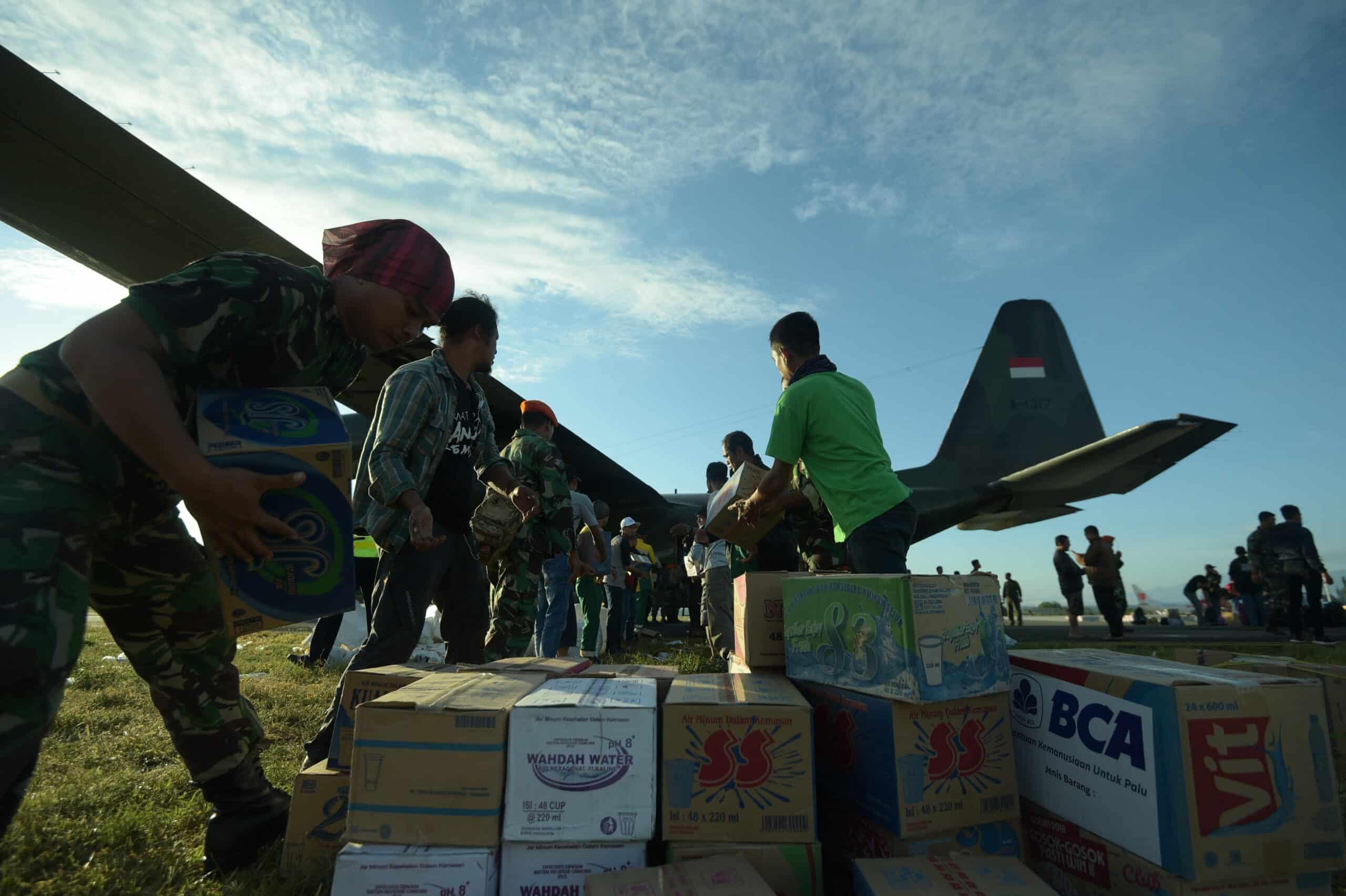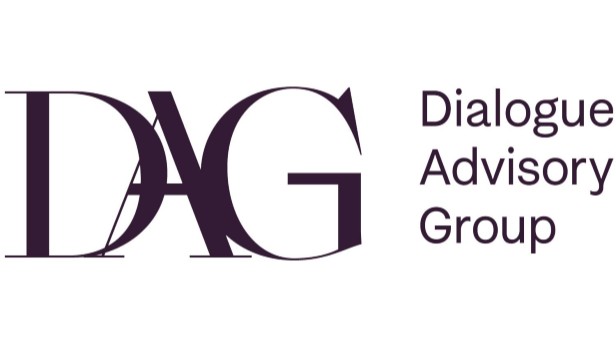Climate change accelerates and multiplies disasters, instability, and conflict. This requires European forces to adapt to operations in a challenging environment. The increasing risks from climate change mean that it is shifting from being solely a human security threat to a national security threat, both to Europe and its strategic interests. But it also raises the question of how armed forces and defence organisations can help to mitigate climate change. Moreover, European militaries are directly threatened by the proliferation of extreme weather events, both within Europe and around the globe.
This research paper “aims to examine the implications of climate change for European defence and armed forces.” Makes a distinction between:
- Climate change adaptation: the modification in natural or human systems to anticipate or respond to a changing environment in a way that makes effective use of positive opportunities or reduces negative efforts.
- Climate change mitigation: measures to reduce the amount and speed of future climate change. For instance, by reducing emissions of heat-trapping gases or removing carbon dioxide (CO2) from the atmosphere.
Policy recommendations
In this sense, the IISS identified a series of policy recommendations for defence and military organisations to adapt successfully to a climate-changed world:
- Developing a specific defence plan for climate mitigation and adaptation that harnesses both top-down and bottom-up initiatives
- Nesting this defence plan within a whole-of-government plan to achieve net-zero
- Establishing a database for carbon emissions in the defence sector
- Visible leadership and support from politicians and senior military and civilian officials to underline that climate change is a national security issue
- Changing attitudes and behaviours in defence to better take account of climate security
- Using climate mitigation to improve military effectiveness (reducing logistic footprint, improving reach, endurance and security of supply lines)
- Actively researching more sustainable defence technologies through a programme of concept development, experimentation, and field trials
- Investing in defence R&D where civil and commercial technologies are not applicable
- Collaboration between defence and civilian industry, the public and private sectors, military allies and partners, and supporting cooperation between the EU and NATO
- Having a well-developed internal and external communications plan
Find the full report here.




